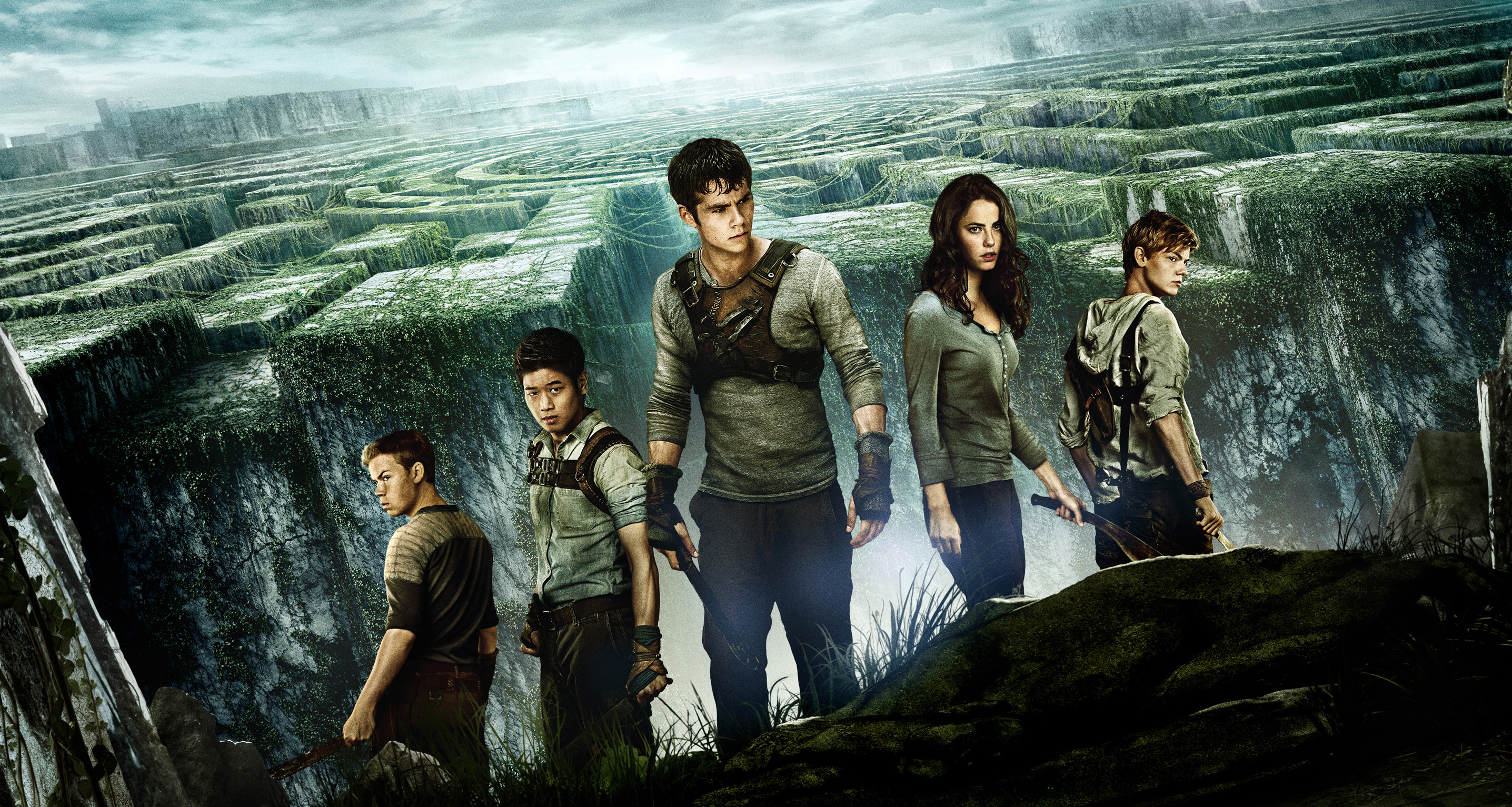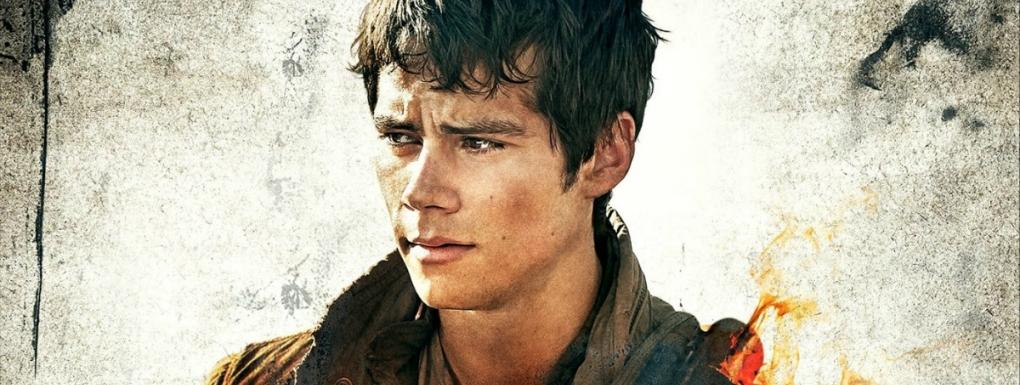In 2012, Francis Lawrence launched with The Hunger Games a real trend: young-adult blockbusters. The genre then drifted with many more or less successful sagas from Divergent to The 5th Wave through The Giver. At present, since The Hunger Games has come to an end, only the saga The Labyrinth manages to keep its head above water with the release this Wednesday of the third opus. Wes Ball is back behind the camera to lead his small team of teenagers.
The Labyrinth (2014)

Often, these films start from an interesting concept: The Hunger Games and its revolutionary uprising, Upside Down and its upside-down world, The Giver and its uniform society, etc. Luminous ideas that are often underexploited. The Labyrinth is also based on a well-defined concept. The characters wake up locked in a huge labyrinth from which we do not escape. The notion of confinement and the creation of a hierarchical society to attempt a suicide escape developed. The treatment is not really innovative with the arrival of the elected official who will save his peers. Nothing very surprising, then, but a nice band of teenagers determined to speak out against a societal injustice. Well yes, because as in all movies of the genre, there is a great aristocrat who pulls the strings. There is necessarily a planetary conspiracy against these heroes who will become the rebel coalition against the power in place. A classic treatment for this survival, which offers some beautiful action sequences.
The Labyrinth: Scorched Earth (2015)

A year later, Wes Ball returns directly with the sequel to his blockbuster for teenagers . The heroes have left the labyrinth and are picked up by the evil leaders, who will train them to become good little soldiers. The maze becomes the infrastructure of WICKED, the organization behind the heroes' problems, a maze of corridors from which they must escape. The title therefore loses its legitimacy, but saga obliges, we take the same term by adding a banal subtitle to give meaning to a name that becomes a selling point. More to do with a maze in this sequel since Thomas and his friends are confronted with a failing society, helped by a Star Wars-style rebellion, hidden in the desert. But the pinnacle is still the appearance of strange zombie species that show up like flowers. The Labyrinth, like many of these sagas, begins to drift further and further, losing its credibility, its essence, to become a saga that casts a wide net and seeks to touch everything. Yet entertaining, this sequel unfortunately loses its concept, that of the labyrinth.
Young adults: a fashion that is lost

Since The Hunger Games and Twilight, this film genre has been totally democratized and has even swarmed. A breath that has created many franchises, often wobbly works, in all styles. In science fiction (Wandering Souls), in fantasy (Upside Down), in mythology (Percy Jackson) and even in horror with The Fifth Wave. However, the genre has never managed to fully explode and lucrative sagas are relatively rare. Apart from The Hunger Games and Twilight who have reached the end of their franchise, the little brothers of these sagas struggle to convince enough to stretch in time. Many are the one shots, which will remain bases of sagas that will never see the light of day. Others like Divergent, lose audience with each episode to such an extent that the 4th opus will not be released.
So the young-adult fashion is already over? It lasted ten short years. The hype is falling back because of a cruel lack of innovation. Each saga is very similar : young people, a messiah, some threat, a rotten society, and a burgeoning rebellion. This monotonous recipe has even invaded films supposed to be more mature like Duncan Jones' recent Warcraft which sometimes took on the air of young-adults. However, the genre seems to have tired the viewer, and the teenagers of the last decade have now become adults. It therefore becomes difficult to make a teen-movie saga last in time. The Labyrinth is one of the last vestiges of this dying style that may be revived with more ambitious works such as Mortal Engines, produced by Peter Jackson. The secret of the genre is that a teen-movie must be more generational in its purpose and treatment, more than by a lazy writing that relies on the simple concept of a group of young people.
It is not yet known how many episodes of the saga The Labyrinth are planned, but in the meantime Wes Ball returns this Wednesday with a third opus.




































